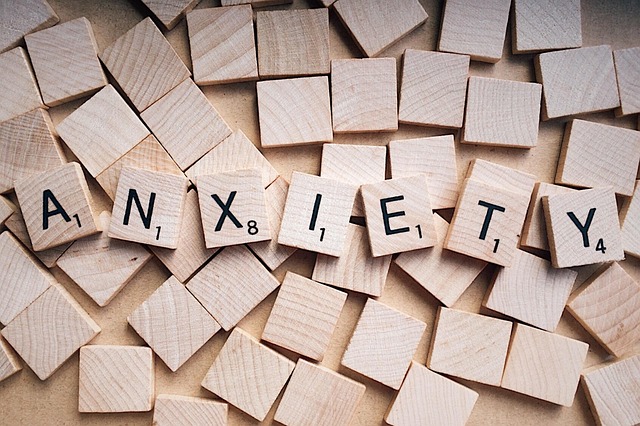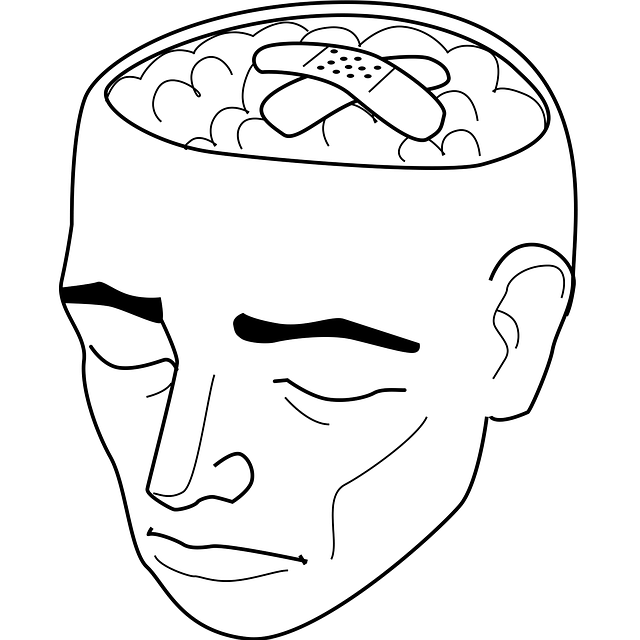Mental health crisis hotlines are crucial resources for young adults, offering immediate support, tailored therapy options, and psychological testing for deeper understanding. These services connect individuals to evidence-based therapy for young adults, enhance crisis resolution, and promote long-term recovery through culturally sensitive care. By navigating diverse therapeutic approaches, mental health professionals guide young adults in developing personalized growth plans to take charge of their emotional well-being.
In today’s fast-paced world, mental health crisis hotline support services are a vital lifeline for young adults grappling with existential challenges. These 24/7 resources offer immediate assistance and navigate individuals through acute crises. Beyond providing emergency aid, understanding the intricate role of psychological testing in crisis support is crucial for tailoring effective therapy options. This article delves into these key aspects, exploring how comprehensive psychological evaluations guide young adults toward appropriate recovery pathways.
- Understanding Mental Health Crisis Hotlines: A Lifeline for Young Adults
- The Role of Psychological Testing in Crisis Support
- Navigating Therapy Options for Effective Recovery
Understanding Mental Health Crisis Hotlines: A Lifeline for Young Adults

Mental health crisis hotlines offer a vital support system for young adults navigating turbulent emotional waters. These dedicated services provide immediate access to trained professionals who can offer guidance, resources, and sometimes even emergency interventions during times of intense distress. For many young people struggling with anxiety, depression, or other mental health challenges, these hotlines serve as a lifeline, ensuring they don’t feel isolated in their struggles.
The conversations facilitated through crisis hotlines often go beyond immediate crisis resolution. They can guide young adults towards suitable therapy for their specific needs, recommend effective psychological testing methods to gain clearer insights into their mental state, and even introduce them to valuable compassion cultivation practices and stress reduction techniques to enhance mood management skills. These services play a crucial role in empowering young adults to take charge of their mental well-being.
The Role of Psychological Testing in Crisis Support

In moments of mental health crises, psychological testing plays a pivotal role in providing effective support to young adults seeking help. These assessments go beyond simply diagnosing conditions; they offer a comprehensive understanding of an individual’s emotional well-being by evaluating cognitive functions, personality traits, and behavioral patterns. By employing evidence-based therapy for young adults, healthcare providers can tailor interventions to address specific needs, ensuring more successful crisis resolution and long-term recovery.
Cultural sensitivity in mental healthcare practice is another critical aspect enhanced through psychological testing. With the growing diversity of populations seeking support, healthcare provider cultural competency training equips professionals to recognize and respect cultural nuances. This enables them to deliver care that aligns with individuals’ backgrounds, beliefs, and values, fostering trust and promoting effective emotional well-being promotion techniques.
Navigating Therapy Options for Effective Recovery

Navigating the landscape of therapy options is a crucial step in effective recovery from mental health crises. For young adults, this process often involves exploring various therapeutic approaches tailored to their unique needs and challenges. Therapy for young adults goes beyond traditional talk therapy; it may include psychological testing to pinpoint specific issues like depression or anxiety disorders. This comprehensive approach ensures that treatment plans are targeted, effective, and aligned with personal growth goals.
Mental health professionals play a vital role in guiding individuals through this journey. Crisis intervention guidance is essential in stabilizing patients during acute episodes. Additionally, risk management planning becomes critical for both the client’s safety and the therapist’s professional well-being. The right therapy, combined with proper support, empowers young adults to take control of their mental health and foster a brighter future.
Mental health crisis hotline support services play a pivotal role in assisting young adults during their most vulnerable moments. By combining effective psychological testing and navigating tailored therapy options, these hotlines empower individuals to embark on their path to recovery. For young adults seeking help, accessing these resources can be transformative, offering a lifeline towards improved mental well-being.














